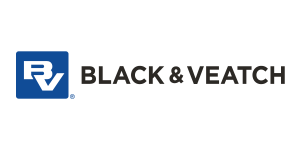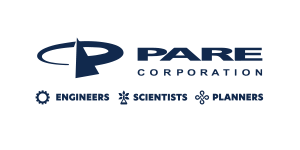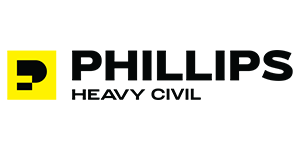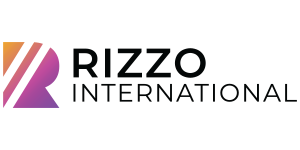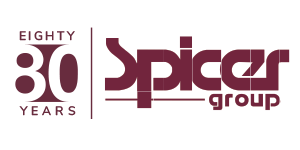Northeast Regional Conference: Call for Abstracts
ASDSO regional conferences are a resource for practical information on the day-to-day activities of those working to keep dams safe. The primary focus of the conference is the effective application of knowledge and technology to real-life problems faced by dam and levee safety professionals within the region.
Regional conference sessions are typically 90 minutes in length with three presentations per session. Traditional agenda presentations are typically 30 minutes in length (20-25 minutes of presentation and 5-10 minutes for questions).
All speakers must register for the conference. ASDSO does not provide complimentary registration for conference speakers.
The Call for Abstracts closes on January 4, 2023.
Suggested Topics and Formats:
- Failures, Incidents, and Investigations
- Hydrology & Hydraulics
- Geotechnical or Structural Issues
- Emergency Preparedness/Emergency Response
- Design & Construction
- Inspections
- Use of New Technology
- Removal, Decommissioning, and Environmental Issues
- Regulatory Programs
- Dam Owner Issues
- Rehabilitation Case Studies & Lessons Learned
- Risk Assessment/Risk Analysis
- Instrumentation and Monitoring
- Tailings Dams
- Risk-Informed Decision-Making
- Site Security
- Public Safety at Dams
- New and Emerging Technologies
- Climate Change
Judging Procedures and Deadlines:
- All abstracts must be submitted by December 23, 2022.
- The Conference Program Committee will review all abstracts submitted by the deadline and will make selections for the conference agenda.
- Proposals constituting sales pitches for products or services will not be considered.
- Selections will be announced in early February.
- Complete instructions for speaker and paper preparation will be provided upon notification of a paper’s acceptance.
Tips and Recommendations for Writing a Good Abstract:
An abstract is a short summary of your topic. If done well, it makes the reader want to learn more about your topic. These are the basic components of an abstract in any discipline:
- Motivation/problem statement: Why do we care about the problem? What practical, scientific, or theoretical gap is your topic filling?
- Methods/procedure/approach: What did you actually do to get your results? (e.g., modeled, designed, constructed, etc.)
- Results/findings/product: As a result of completing the above procedure, what did you learn or create?
- Conclusion/implications: What are the larger implications of your findings, especially for the gap identified in step 1?
The conference program committee suggests these easy-to-implement guidelines for achieving a favorable review of your abstract:
- Paper titles should be short, but descriptive, and should indicate benefits to the audience.
- Do not send supplemental materials (photos, articles, or reports) with your abstract. These will not be seen by the program review committee.
- Limit abstracts to approximately 350-words (400-word max).
- Present your findings in the abstract. Do not say that results will be discussed or are forthcoming.
- Numerous case study abstracts are submitted each year that describe generic dam safety improvements. If submitting a case study, make the most compelling issue or interesting aspect of the project the main focus of your abstract.
- Be clear and concise! Provide only the information needed to make your point. Unfocused abstracts that ramble may lose the interest of the reviewer.
- Don't cut and paste sentences from a full technical paper into your abstract. Writing that is appropriate for long papers is often too detailed for abstracts.
- Identify key messages about the rationale for your work, the methods, and the conclusions before you write. Know in advance what is important or unique about your topic, what you did, why you did it, what you learned.
- Write in the active voice.
- Avoid jargon and explain uncommon acronyms.
- Proofread your abstract before submitting it. Pay particular attention to spelling, grammar, punctuation, and all numbers.


